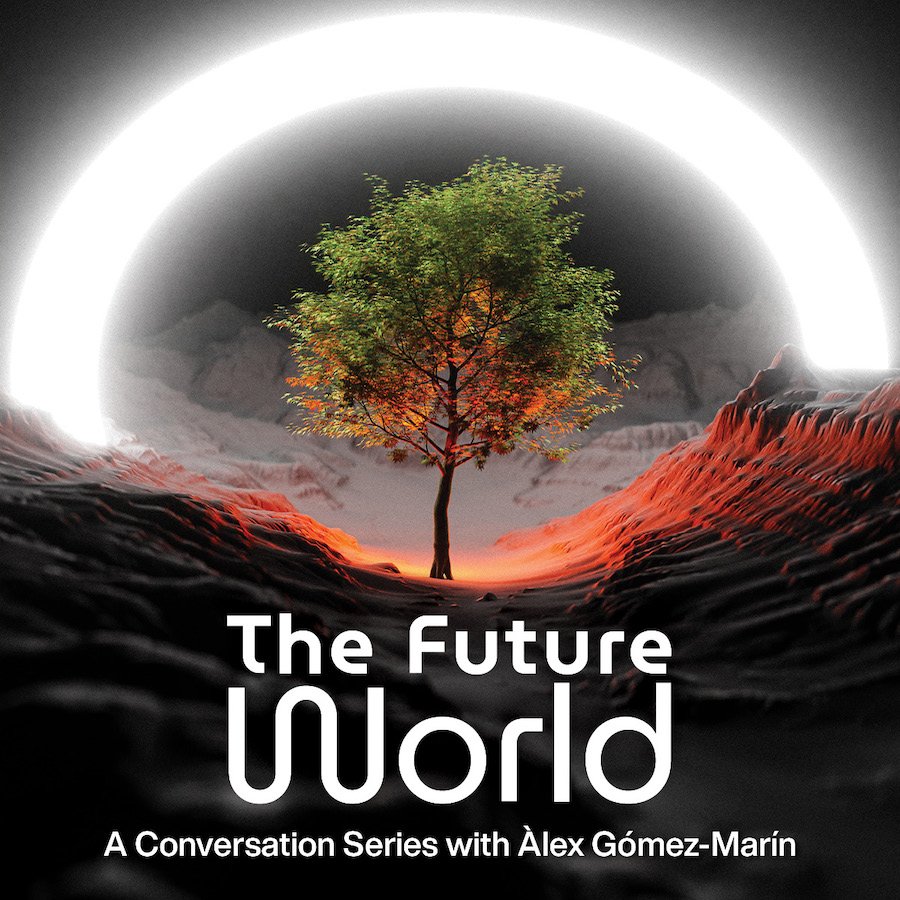Your cart is currently empty!

Beyond Bohm 2025, Part 2
Following an illuminating introduction to Bohm’s revolutionary physics, we embark on an exploration of potentiality and its intricate relationship with actuality, drawing upon the insights of both Bohm and Charles Burton Martin; we will delve deeply into the terrain of panpsychism, examining consciousness not as a mere biological phenomenon confined to humans and animals, but as a fundamental architectural principle woven into the very fabric of physical reality; we investigate whether Bohmian quantum theory might inspire new forms of psycho-physical laws; we will examine the conception of ‘strict monism’ and its relation to Bohm’s ideas of undivided wholeness; we will illuminate Bohm’s distinctive philosophy of science as manifested in his causal interpretation of quantum theory; we will consider the implications of quantum materials on humanity’s evolutionary trajectory, examining how these emerging technologies may fundamentally reshape our civilizational future; and we provide an introduction to a new worldview: the Dynamic Universe—a proposal that provides a new way of understanding relativistic phenomena.

